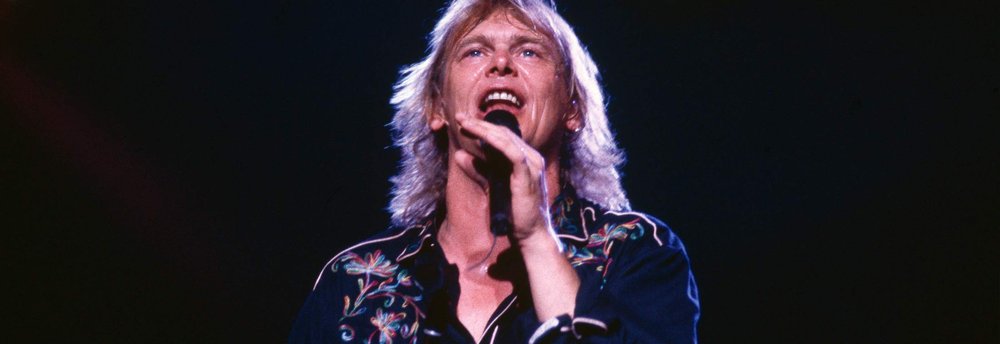Revelatory musical experience on one of Australia’s biggest cultural icons.
John Farnham: Finding The Voice chronicles the life of John Farnham, one of Australian music’s biggest names.
Starting with the early days and his original debut as Johnny Farnham with a series of family friendly hits, the film tracks his fall to a level of unpopularity around the country, and his time with Little River Band, before his triumphant ascent to stardom with his hit You’re The Voice.
This documentary is perhaps unique in its incredible access to a range of major stars, but the fact that neither John Farnham, nor his wife (nor Olivia Newton-John for that matter) appear on screen.
All three are heard audibly commenting throughout, but it should be noted that they do not make a visual appearance here, because other huge names do – his manager, Daryl Braithwaite, Robbie Williams, Celine Dion, Jimmy Barnes.
The film mixes those interviews with an array of incredible historical footage. Farnham’s life is captured well across old footage and old photography, and the documentarians mix it together in a fascinating way to craft an intimate portrait of the legendary singer.
With a film like this, one of the major elements of consideration has to be cross-generational appeal, and Farnham’s hit You’re The Voice is the driver that creates that mix of age groups.
Whether you’re young or old, you have heard that absolute banger, and the movie understands that to an extent.
The peak of this film is the lead up to, and ultimately the first performance of You’re The Voice, and that 30 minute segment is absolutely compelling and completely unmissable.
When Farnham rips into his rendition of the song on stage in Berlin, it is a glorious 2 or 3 minutes of overwhelming Aussie rock and roll, and you’ll feel the chills rippling down your spine in time with the claps and bagpipes at the start. Impressive filmmaking to say the least.
The issues come before and after with this doco. The absence on screen of John, his wife and Olivia Newton-John undoubtedly hurts the movie.
The passing of the manager during the filming of the project probably complicated the pacing of the film, but is dealt with respectfully and emotionally during the finale of the film – and indeed, the other standout highlight is Farnham’s relationship with his manager and the loyalty on show between the two of them.
Ultimately, when an artist like this has one particularly standout song, it is tough to have to drop that song somewhere in the movie.
The start of the film feels like you are waiting for the banger, and the end feels irrelevant because you’ve already heard what you came to see.
While the filmmaking team here definitely did a fantastic job with that song when it was incorporated, the film ultimately peaks in the middle and is less interesting either side.





